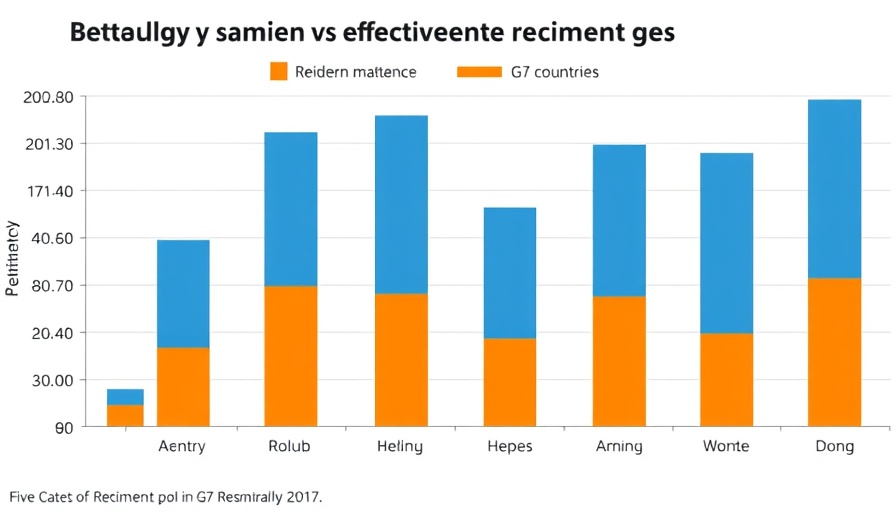
The Transformative Power of Workplace Culture
While often overlooked, a strong company culture has become a vital pillar supporting productivity and employee retention in today’s competitive landscape. As industry experts assert, culture is no longer a "fluffy" concept, and to treat it as such risks undermining an organization’s core. Recent insights from Dayforce highlight the stark divide between perception and reality regarding organizational culture; for instance, while a significant majority of executives feel their companies are promoting a healthy culture, only 49% of employees agree. This lack of alignment can have dire consequences for workplace morale and, ultimately, company performance.
Measuring Culture: A Necessary Shift
Culture has historically been difficult to quantify, leading to hesitance on the part of leaders who prioritize metrics like productivity. Nevertheless, embracing tools that can accurately evaluate employee engagement and organizational health is essential. Metrics surrounding employee experience, sentiment, and feedback can provide invaluable insights that guide culture-related investments. As Parvez Rahman of Dayforce suggests, leaders should recognize that a satisfied workforce translates to a more productive and committed one.
Real-World Implications
The statistics tell a compelling story—companies investing in culture see pronounced benefits, including enhanced mental health among employees and overall higher engagement levels. These benefits pave the way for longevity in an organization’s workforce, which is essential for innovation and stability. Given the noticeable disconnect between employee and executive perceptions of culture, CHROs and VPs of Talent must engage in constant dialogue with their teams to ensure transparency and understanding.
Future Opportunities: Building a People-First Culture
As businesses continue to adapt to a rapidly evolving marketplace, the commitment to fostering a robust culture becomes even more significant. The strategic alignment of company values with the lived experiences of employees opens opportunities for greater innovation and performance. The shift toward remote and hybrid work models has only amplified the need for solid cultural frameworks within organizations. Creating environments where employees feel valued and their contributions matter can lead to increased retention and motivation.
Actionable Insights for Leaders
For operational leaders, this is a clarion call to recognize the strength in cultivating an engaged workforce. Practical steps can include regular culture assessments, investing in employee feedback mechanisms, and fostering open communication channels. Embracing these strategies not only fortifies culture but also directly impacts productivity and profit margins—a critical consideration amidst today’s economic challenges.
In summary, a focus on culture is not just a feel-good initiative; it’s a fundamental aspect of the organizational strategy that impacts every level of a company. As we move forward, it will be pivotal for executives and leaders in talent management to leverage the insights derived from cultural assessments and stay attuned to employee sentiments. By doing so, they not only nurture their workforce but also pave the path for healthier, more dynamic organizations.
Join the Movement: Prioritize Your Culture Today
For those in leadership roles—whether CHRO, VP of Talent, or even CEO—it’s time to take action. Start implementing culture assessments and open dialogues with your teams to understand and improve your organizational culture. Empower your workforce, and in turn, you’ll cultivate an environment of high performance and employee satisfaction.
 Add Row
Add Row  Add
Add 




Write A Comment